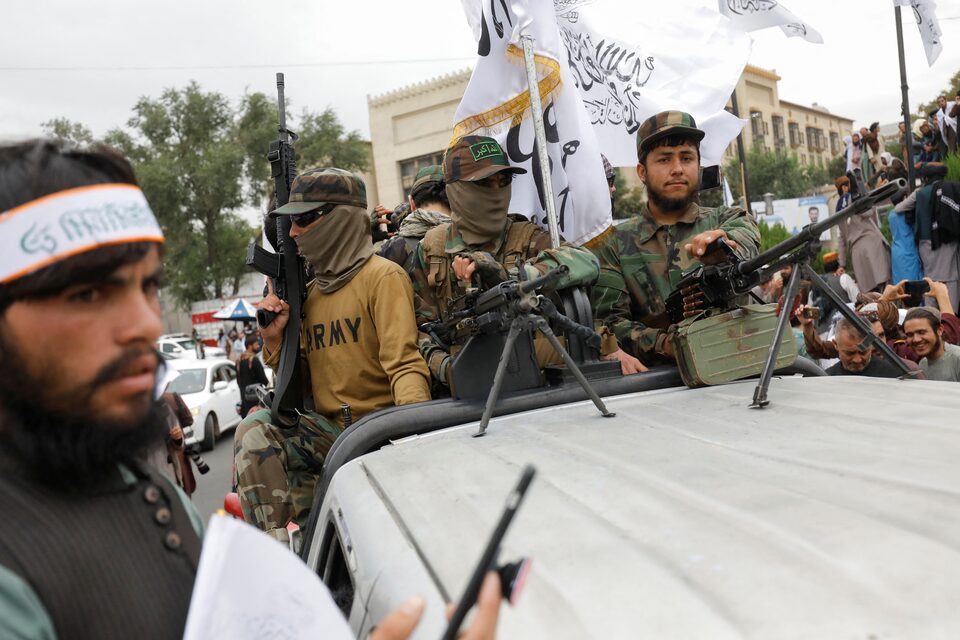The U.S. State Department, in its 2024 annual report on the state of human rights in Afghanistan, stated that Taliban forces have killed civilians in several provinces as acts of collective punishment or revenge against former military personnel and government officials.
According to the report, the killings occurred in areas where the National Resistance Front (Jabha-ye Moqawemat) was active. The provinces cited include Kabul, Herat, Panjshir, Kunduz, Nimroz, Ghazni, Khost, Jawzjan, Faryab, Takhar, and Sar-e Pul—where the Taliban allegedly carried out extrajudicial killings of civilians.
The report also noted that Taliban forces detained former officials of the republic government on charges of ties to the Resistance Front. However, in many cases, victims and their families stated that these allegations were false and that the real reason for their arrest was their former government service.
The U.S. State Department, referencing UNAMA, asserted that perpetrators of human rights violations in Afghanistan continue to enjoy “official impunity.”
The report added that ISIS-K remains active in Afghanistan and primarily targets Hazara civilians.
Quoting UN Special Rapporteur Richard Bennett, the State Department said, “The Taliban’s structural discrimination and segregation have been reinforced by killings committed by its members, supporters, and ISIS-K. These killings have occurred in private homes, public spaces, and detention centers, targeting human rights defenders, lawyers, prosecutors, judges, students, teachers, and police officers—many of whom were women.”
The report also highlighted how Taliban-imposed healthcare restrictions have negatively affected women’s health, noting that women need their husband’s permission to access contraceptive services.
Despite the Taliban’s claims of supporting the media, the group has issued decrees that severely restrict freedom of expression, leading to the shutdown of several media outlets.
According to the report, Taliban forces search people’s phones for content that includes criticism of officials, connections to foreign countries, or violations of the group’s so-called laws.
Referring to the Committee to Protect Journalists, the State Department noted that on June 20, 2024, a journalist in Parwan was arrested and harassed by the Taliban for publishing critical commentary.
The Afghan Journalists Center reported 181 documented cases of press freedom violations between August 2023 and August 2024, including the detention of 48 journalists and media workers.
The report also mentioned that on September 21, 2024, the Taliban released a list of 68 individuals approved to speak on news programs.
A decree issued by the Taliban leader on June 3, 2024, set a monthly salary cap of 5,000 afghanis for women working in service sectors. The group later clarified that the order applied only to women who had been forced to stay home.







